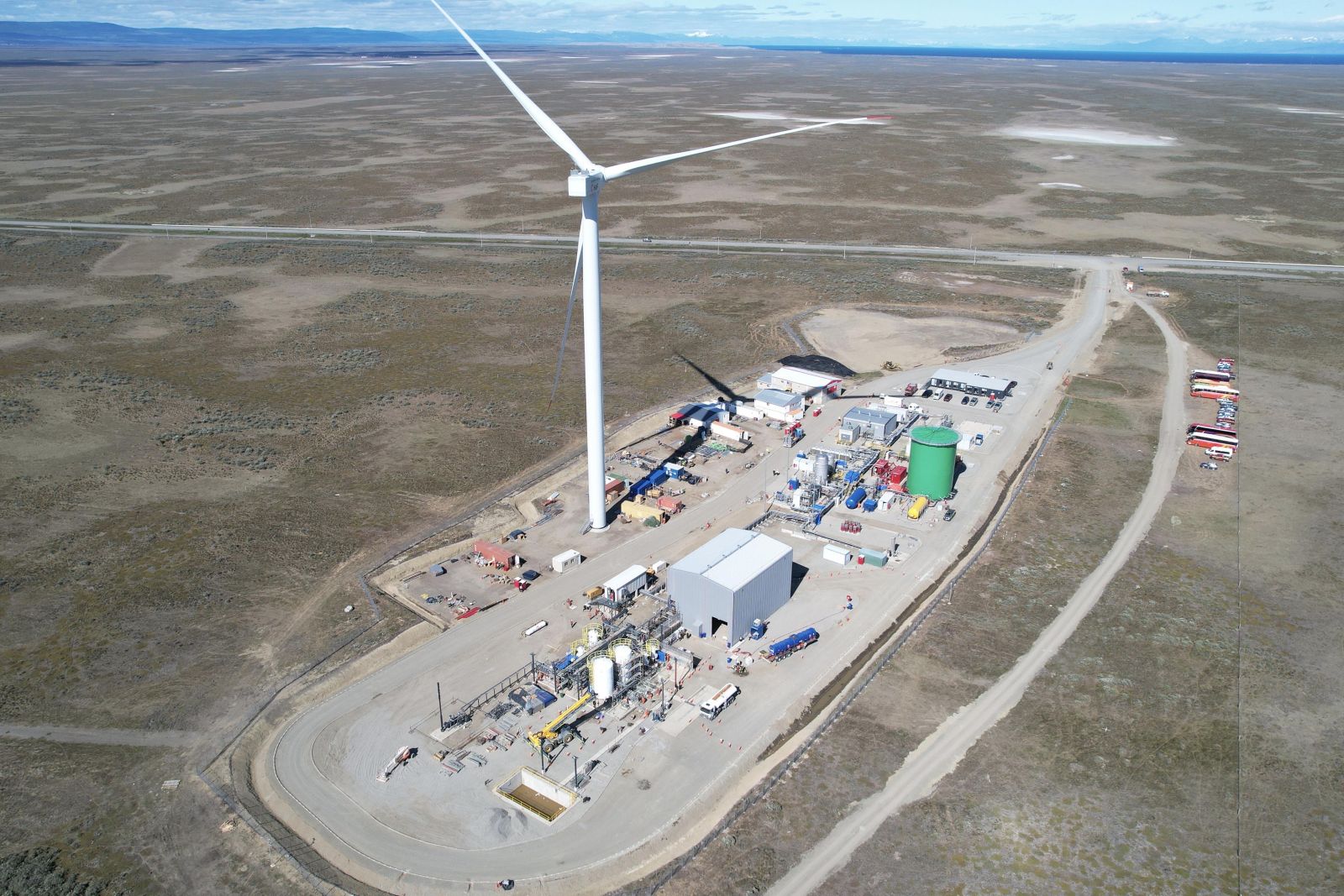The sale of new combustion-powered vehicles will continue in Europe beyond 2035, after Germany successfully argued for a key exemption.
European Commission Vice-President Frans Timmermans announced on Twitter the body had found an agreement with Germany on the future use of e-fuels in cars.
Likewise, German transport minister Volker Wissing took to Twitter to announce combustion-powered vehicle sales would continue beyond 2035 provided they “only use CO2-neutral fuels”.
Specific details of the exemption have yet to be released, though Reuters has previously reportedly vehicles would be required to have technology or fuel additives that would prevent them from driving if other fuels are used.
The original EU proposal called for a ban of the sale of new petrol and diesel cars, SUVs, and light commercial vehicles from 2035.
The EU had already secured support for the ban late last year, but surprise pushback from Germany earlier this month saw the body postpone a proposed vote on March 7.
The ban on combustion cars after 2035 had sparked debate among EU member states, with the transport ministers of Germany, Italy, Czechia, Hungary, Poland, Romania, and Slovakia previously meeting to discuss their objections to the plan.
Portugal, along with the aforementioned bloc, has also conveyed its objection to the Euro 7 regulations that are scheduled to be implemented in 2025, citing the impractical time frame and excessive expenses as being unreasonable.
The proposed ban on combustion engines is part of the ‘Fit for 55’ package, which aims to contribute to the EU’s overall climate objectives for 2030 and 2050 by directing the automotive industry towards low- and zero-emission technologies, making it more feasible for consumers to adapt said technologies.
The EU lawmakers must obtain unanimous consent from all member states. The European Commission has deemed the shift to zero-emission vehicles as an essential step towards achieving its climate targets for 2030 and 2050.
Germany has argued cars running on e-fuels, also known as synthetic fuels, are carbon neutral when produced using renewable energy and carbon captured from the air.
Critics have argued these fuels require a great deal of energy to produce, and should therefore be used only in vehicles where battery-electric power isn’t as feasible such as heavy trucks and planes.
As Germany is the largest car market in Europe, its reluctance to embrace the ban highlights the difficult balance the EU must strike between economic interests and environmental concerns going forward.
Porsche is just one major automaker that has made significant investments in synthetic fuels, including the establishment of a production plant in Chile in 2022 and plans to commence production in Tasmania by 2026.
The CEO of the Volkswagen brand, in contrast, has called the debate “unnecessary noise” and has said “by 2035 it’s over anyway, and we said by 2033 we’re done”. That year, the brand plans to stop selling combustion-powered cars in Europe.
Audi has said it will phase out combustion engine vehicles by 2033 in favour of battery electric vehicles, and Mercedes-Benz will be electric-only by 2030 “where market conditions allow”.
However, BMW is a German brand that has shown it is looking beyond an EV-only path, particularly exploring the viability of hydrogen fuel cell electric vehicles (FCEVs) such as the iX5 SUV.
BMW chairman Oliver Zipse said, “To say in the UK about 2030 or the UK and in Europe in 2035, there’s only one drivetrain, that is a dangerous thing.”
MORE: Europe details petrol/diesel ban from 2035, with low-volume supercar exemption


